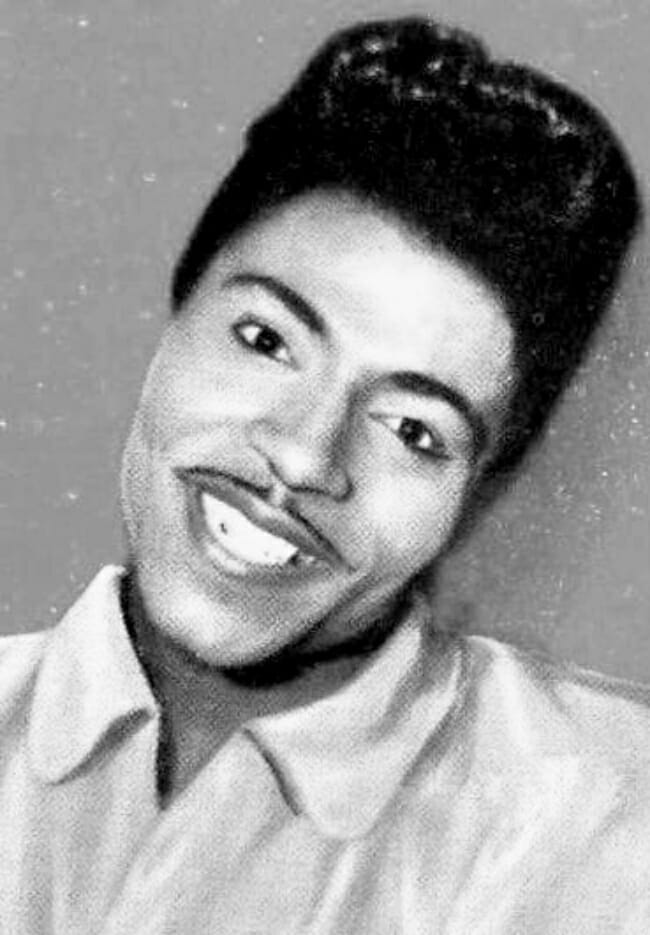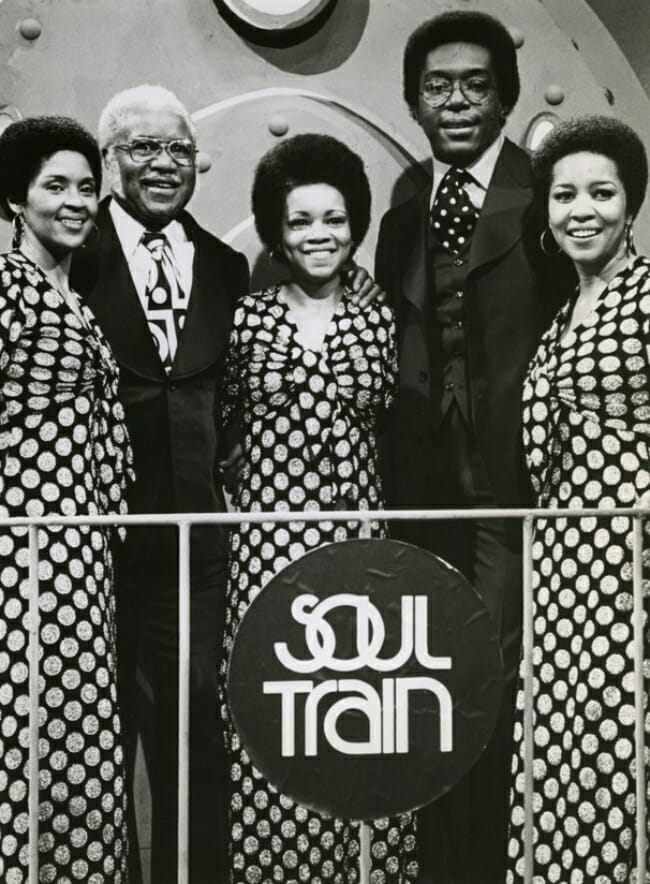

Uh oh...
It appears that you're using a severely outdated version of Safari on Windows. Many features won't work correctly, and functionality can't be guaranteed. Please try viewing this website in Edge, Mozilla, Chrome, or another modern browser. Sorry for any inconvenience this may have caused!
Read More about this safari issue.

In the 1950s in Arkansas, TV had arrived as a popular entertainment medium, but radio still held a key spot as the local line into people’s days. Music filled hair salons and barbershops, cars, diners and homes. Radio brought the news, interviews with locally-known musicians and sometimes nationally famous singers, and music and talk centered on cities and regions. By the late 1940s, radio began to experience a shift as Black-oriented radio stations emerged with programming featuring jazz, the blues and gospel music. These stations also served as unifying voices in their communities during a tumultuous time as the Civil Rights Movement gained steam. It was in this era that radio station KOKY found its voice in Little Rock and became “The People’s Station.”

In 1947, just across the Mississippi River in Memphis, radio station WDIA made history. It became the first Black radio station in the country. It featured Black radio personalities and focused on music by Black artists. B.B. King worked as a DJ at the station before becoming one of the best blues singers in history. WDIA had a regional audience that stretched across Arkansas and into Missouri, as well as down into the Gulf Coast. Other stations quickly followed, like Chicago’s WVON, whose call letters stood for “Voice of the Negro” and Atlanta’s WERD, which was the first Black-owned and operated station in the country.
In 1956, it was Little Rock’s turn to have its own station oriented toward the Black community. A young radio broadcaster named John M. McLendon acquired the rights to broadcast what was called “Ebony Radio” in Little Rock. He already owned several other stations, including WOKJ in Jackson, Mississippi. The station received the call letters KOKY and broadcast its first show on October 8, 1956. KOKY was an instant success, filling a void in the radio waves with Black voices in Arkansas. It established itself early on as a community station as well, as many other Black stations did at the time. KOKY sponsored many events in Little Rock, from beauty pageants and proms (the station broadcast just down the street from Central High School) to charity fundraisers.
It also featured dynamic new voices. One of those voices was Al Bell. Bell was a high school student in North Little Rock who was known for disc jockeying the school dances. When Bell organized a talent show between his high school and another Little Rock school, the KOKY general manager judged the show. He asked Bell to come to KOKY for an audition. Bell hosted two shows on a Sunday, gospel and jazz, and was offered a spot as a DJ. Since its launch, KOKY had focused mostly on gospel music, but with Bell’s hiring, it began to shift some focus to teenagers and what the youth were listening to. In an interview, Bell remembers playing music and seeing both Black and white teens showing up in the studio to dance during his show. Bell later co-owned STAX records and had a long and successful career in the music industry.

Little Richard in 1957. TGC-Topps Gum Cards, Public domain, via Wikimedia Commons
Another teen DJ brought music to Little Rock’s youth every Saturday. William “Bill” Hill spun records for his show “Teen Time” while he was a senior at Horace Mann High School. Other popular shows in KOKY’s early years were the “Upper Room,” a religious program hosted by Leo “Jocko” Carter, and “Jocko’s Jamboree” with Carter bringing the latest rhythm and blues to the city. The station also brought Black performers to the area. Little Richard performed in Little Rock in 1956 and did an interview at KOKY before the show. The Staple Singers also came by KOKY. The family singing group, featuring Roebuck Staples and his daughters, sang gospel and had a 1957 hit titled “Uncloudy Day.” While at KOKY, they met the young DJ Al Bell. In 1968, Bell would use that connection to sign the Staples to STAX records, where they had a number of hits in soul and pop music.

KOKY had difficult times, too. A fire closed the station in 1962. It reopened in a different location, changed ownership, and gained a new slogan in the 1970s, “The Sound of the City.” In 1979, the station switched its programming entirely to gospel music. In the 1980s, the KOKY call letters fell out of use as the station moved completely away from its historic roots. It appeared that Little Rock’s original Black radio station was gone. Then, in 1998, Citadel Broadcasting group, which owned hundreds of radio stations in the country, decided to relaunch KOKY in Little Rock. The call letters were still available, and broadcasting began again, this time as an FM station, as opposed to the historic KOKY’s AM channel.

Rear Adm. Raymond P. English, Director, Joint Reserve Forces, J-9, DLA, fields questions during a radio interview on KOKY-FM’s “Broadway” Joe Booker Show during the kickoff day of Little Rock Navy Week 2010. (U.S. Navy photo by Chief Mass Communication Specialist Steve Johnson/Released)
KOKY continues to honor its roots today by playing a mix of urban adult contemporary music, while regularly broadcasting shows like “Smooth Jazz Sundays.” It also carries nationally syndicated shows like the Rickey Smiley Morning Show and local personalities like Sonta Jean the KOKY Queen. With its mix of music, news, and talk geared towards the Black community in Little Rock, KOKY is still following in the tradition of the original KOKY.
Tune into KOKY at FM channel 102.1 in Little Rock or listen to it live online. Keep up with KOKY programming and events at 1021koky.com or on the KOKY Facebook page.
We do the work.
You check your email.
Sign up for our weekly e-news.
Get stories sent straight to your inbox!









Like this story? Read more from Kimberly Mitchell
Scott Fitzgerald never forgot the feeling of freedom he got from biking...
Trains revolutionized the United States in the 1800s. People and goods...
The American Black Walnut is a unique nut for many reasons, and Arkansas...
Join the Conversation
Leave a Comment